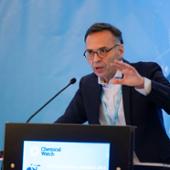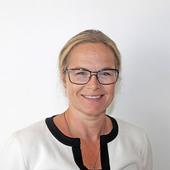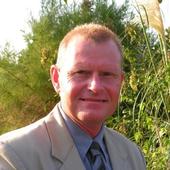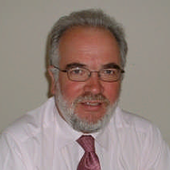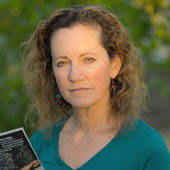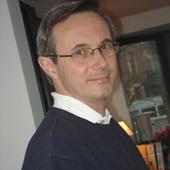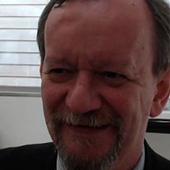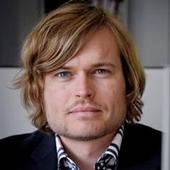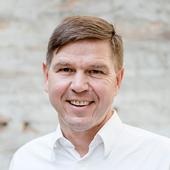Agenda
-
Moderator:
- Session 5: Circular Economy and waste
-
Best practice for circular economy and chemical waste – an overview
- How does legislation support circular economy when dealing with chemical waste?
- What's happened in the field? How to spread best practices all over the world.
- Looking to the future, what do we need to do? How can we solve the challenges we currently face?
-
Case studies
The impact of circularity on chemicals management: What does best practice in Circular Economy mean in your sector?
-
Building sector
- How the BASTA system works and how it can support circular material flows
- Experience from case studies and ongoing research projects, focusing on the reuse of interior building products often used in offices
- Benefits of reuse in terms of reduced climate impact compared to buying new products
- Possible solutions to enable reuse in an industrial scale
-
Electronics sector
-
Q&A
-
Refreshments
-
Chemicals sector
Cefic study: waste in the context of the circular economy and REACH
-
Plastic additives and circularity: the case of flame retardants in EEE plastics
- Functionality of the products during service life and sustainability: how to strike the right balance?
- Flame retardants are circular: new technologies to recycle WEEE plastics with full recovery of materials and their environmental benefits
- Looking into the future of flame retardants: sustainable materials while keeping the technical compatibility and functionality
-
Q&A
- Session 6: Corporate Drivers
-
Panel discussion – best practices in alternatives assessment
- Experience so far with alternative assessment – what works and what doesn’t?
- Enshrining alternative assessment methodology in legislation
- Directions for the future
-
Lunch
- Session 7: Current topics of high interest
-
Choice of break-out sessions
- 1: EDCs
OR
- 2: Brexit
-
Break-out group 1: EDCs - one year on
Moderator: Linda-Jean Cockroft, Technical Director (Business, Industry & Growth), Risk & Policy Analysts, UK
Implementation, adoption into other regulations, new EDcs and grouping
One year on……
-
Break-out group 2: Brexit - what does it mean for chemical regulations?
- How could the UK stay in REACH?
- What happens if the UK doesn’t stay in REACH
Moderator: Michael Warhurst, Executive Director, ChemTrust, UK
-
Refreshments
- Session 8: Corporate drivers - Investment & People
-
Moderator:
-
How money follows sound chemicals management - Investing in the new generation of chemicals
- Financing of start- and scale-ups in the food, agri and chemical sectors
- Overcoming the challenges of today and avoiding the pitfalls of the past
- Highlights of the innovative nature and sustainability drive of the current and future chemical industry
-
How to kill a start-up: challenges of working in partnership with green chemistry start-ups
- Startups as part of open innovation
- Co-operations with startups – Dos and don’ts for corporate managers
- Startup check – what you have to keep in mind
-
Challenges for bringing environmentally friendly chemicals to market: a start-up’s perspective
- New technology approach/implementation strategy
- Market entry strategy – distribution & business model
- Hurdles and challenges
- Lessons learned
-
Q&A
-
Close of conference


